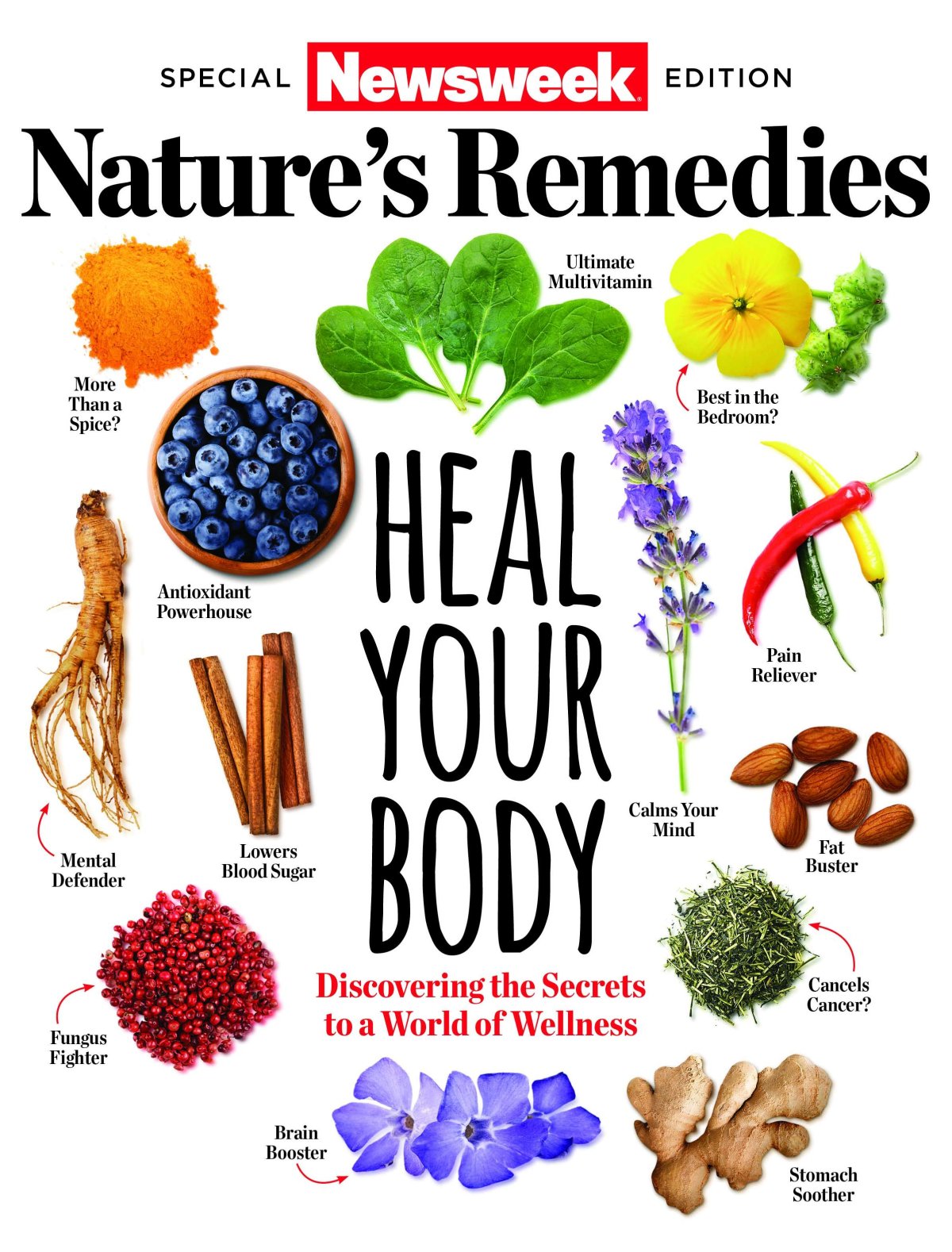
This article, as well as others on alternative, natural ways to increase your health, is found in Newsweek's Special Edition: Nature's Remedies—Heal Your Body.
When a natural health remedy reaches the mainstream due to its popularity among the celebrity set, its credibility is often called into question. The likes of January Jones, Kim Kardashian and Alicia Silverstone all claiming to have eaten their own placenta may lead some to call the trend a flash in the pan, but the postpartum practice is hardly new.
"A woman eating her own placenta as a means of strengthening herself is something from midwifery, which is ancient," says Jeffrey Winsauer, from Garden Acupuncture in Brooklyn, New York. As a specialist in the field of fertility for more than two decades, Winsauer has seen placentophagy, the practice of consuming placenta, benefit new moms as well as women who are struggling to become pregnant.
One of the most common concerns that his patients have when they're expecting is postpartum depression. "Generally speaking, you could say postpartum depression is from a deficiency," he says. "The woman has been having surges in these various hormones [while pregnant], and now those hormones are not present. And not to suggest that it's like meat or something like that, but certainly in the placenta are some of those hormones."
To some, however, placentophagy bears too much resemblance to eating meat after all. Winsauer recalls a patient who turned her nose up at the suggestion, due to her vegetarian diet. "I understand vegetarian issues," he says, "but my take on it was 'Well, this is a part of you.'"
But even for many omnivores, the thought of consuming placenta raw can be off-putting. In those cases, some mothers try everything from having it converted to pill form to cooking it in a skillet, to which Winsauer says, "There's nothing wrong with how you prepare it."
Winsauer's first encounter with placentophagy was in China, where he studied traditional Chinese medicine at the Guangzhou University of Chinese Medicine before completing a one-year residency in gynecology and infertility at Shenzhen TCM hospital. "The human placenta is part of the traditional Chinese medicine pharmacopeia," he explains. "And today, human placenta is something that is strongly used within mainland China for women's health."
Among those most commonly prescribed donated placenta in China are patients with polycystic ovary syndrome, which can cause infertility, among other reproductive problems. Whether the results stemmed from the placenta alone or a combination of treatments is difficult to determine, but Winsauer did see notable success rates in those struggling with fertility who were prescribed the organ. "I've seen it work when used correctly," he says.
As a licensed acupuncturist in the U.S., Winsauer cannot legally prescribe the placenta of others to patients dealing with infertility. And while he recognizes why anyone might dismiss this unorthodox idea, he stresses the importance of open-mindedness. "I understand it sounds a little gross, I get that," he says. "But this is one of those things that, if there was some growth within our society, it could provide a little help to the greater issues."
This article was excerpted from Newsweek's Special Edition: Nature's Remedies—Heal Your Body. For more on this definitive guide to alternative methods of healing the mind, body and soul, pick up a copy today.

Uncommon Knowledge
Newsweek is committed to challenging conventional wisdom and finding connections in the search for common ground.
Newsweek is committed to challenging conventional wisdom and finding connections in the search for common ground.
About the writer
To read how Newsweek uses AI as a newsroom tool, Click here.








